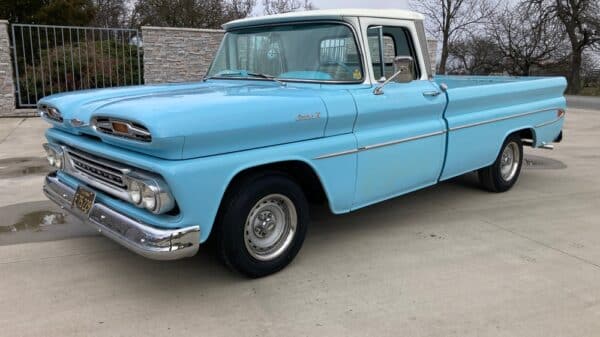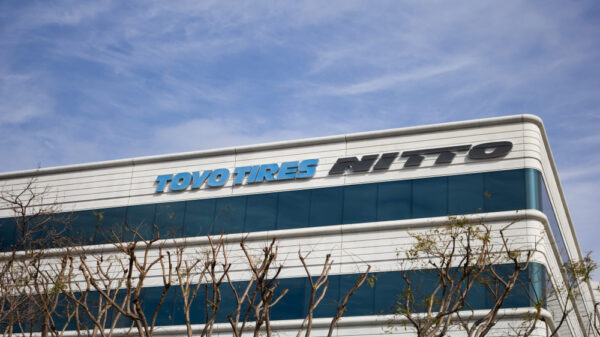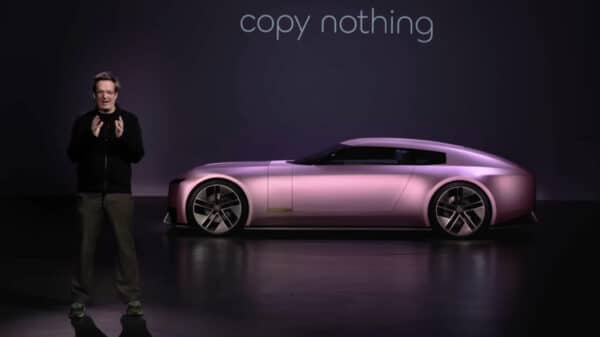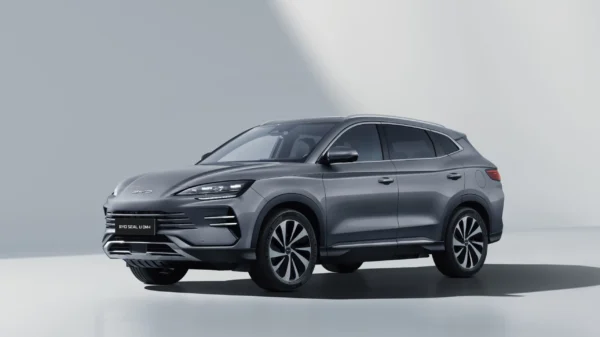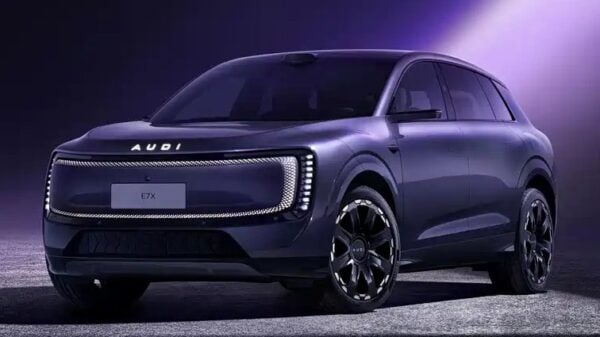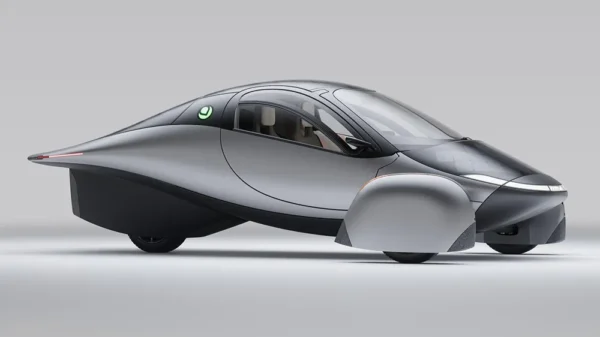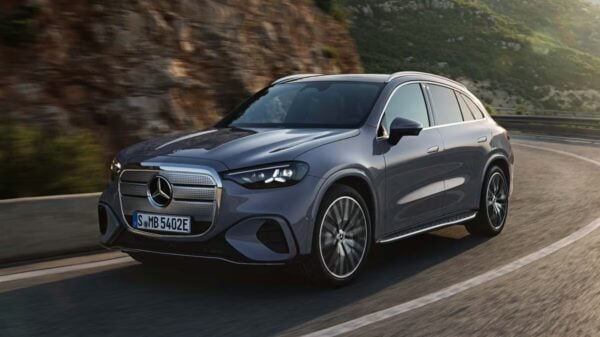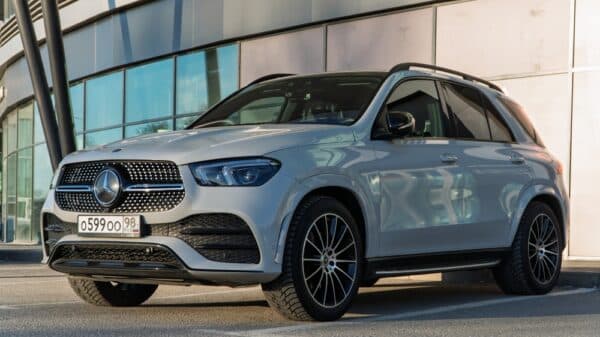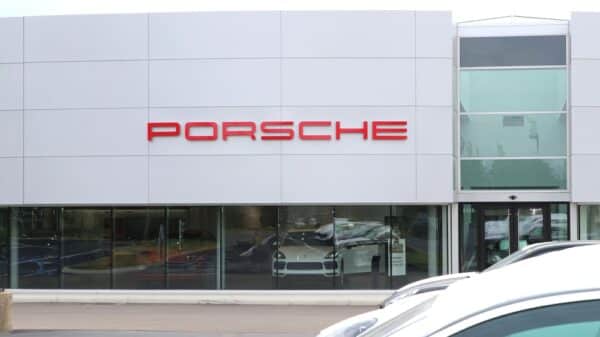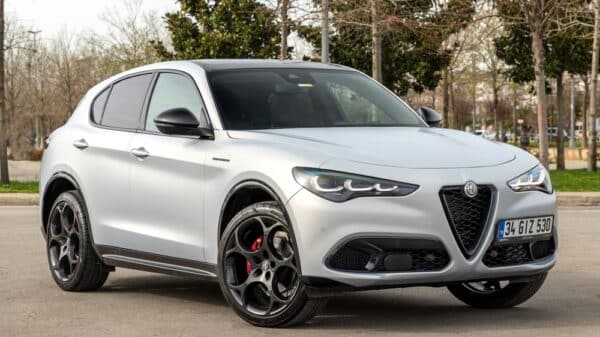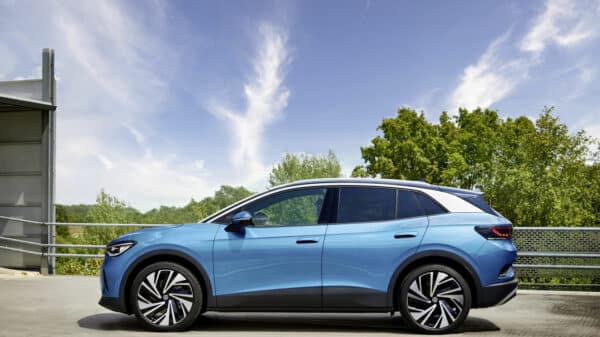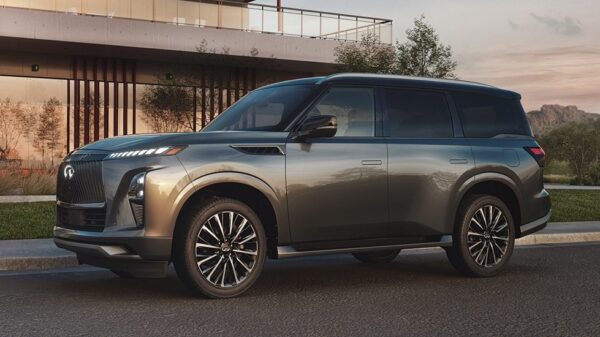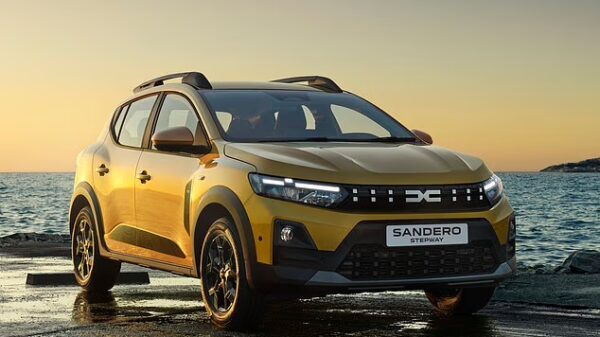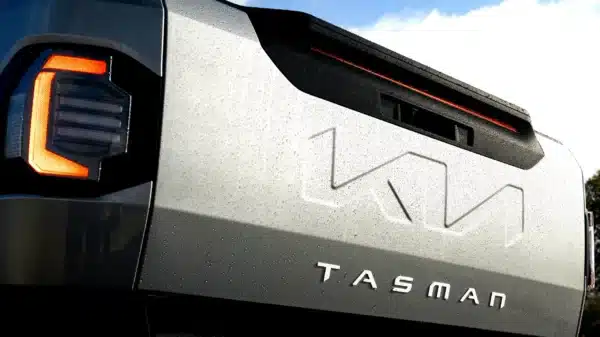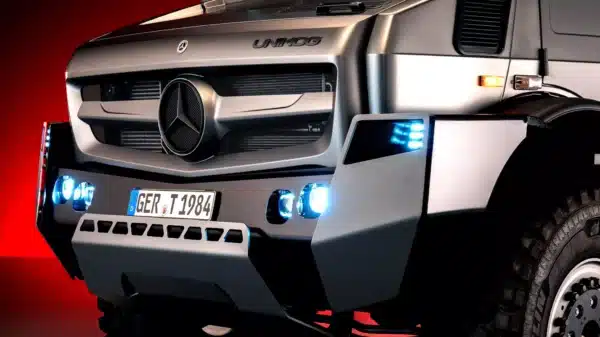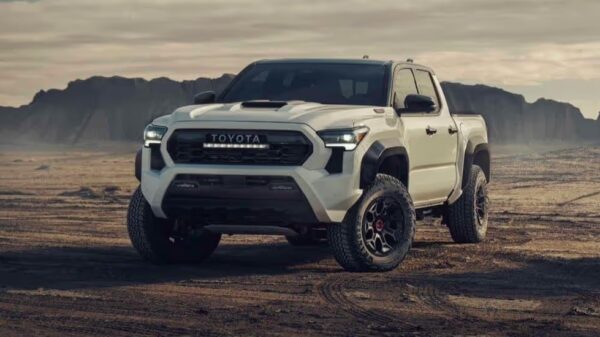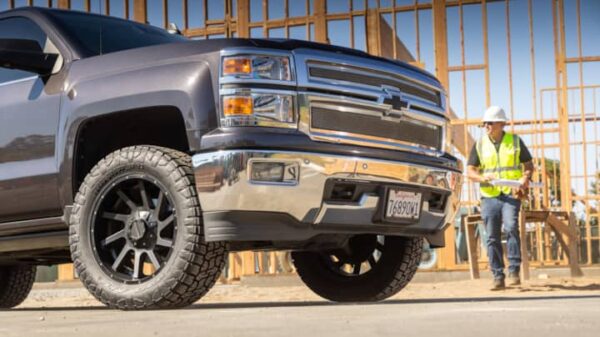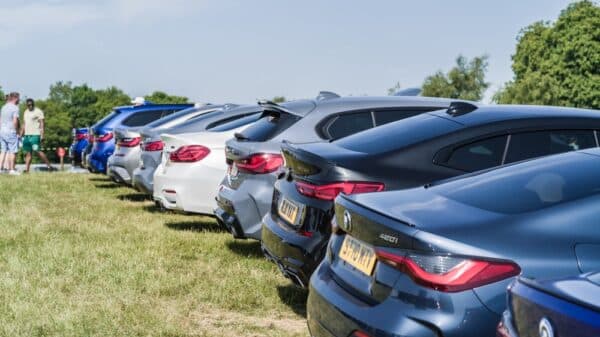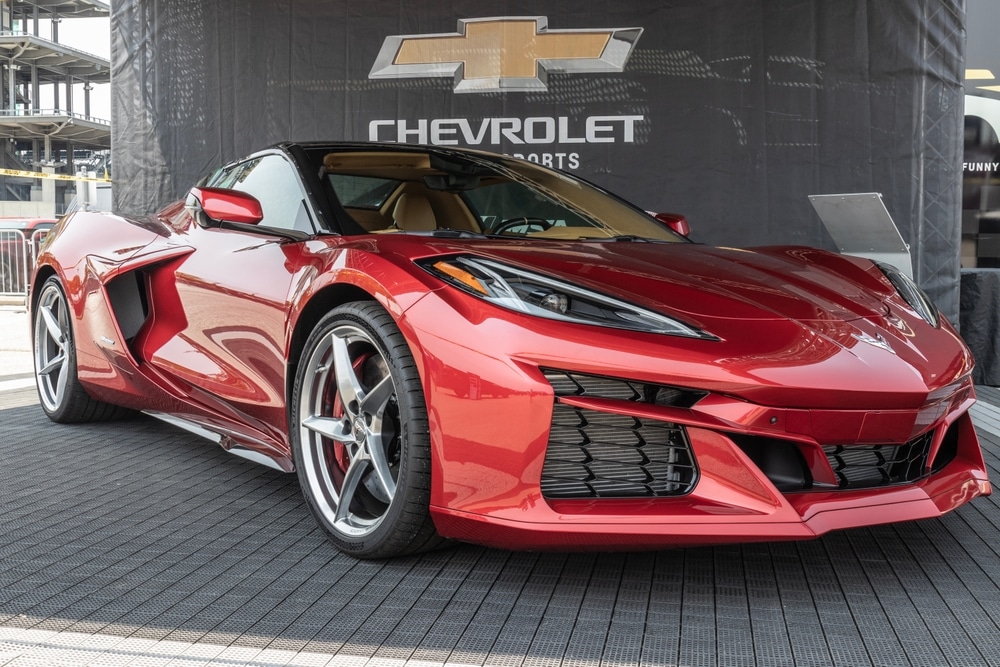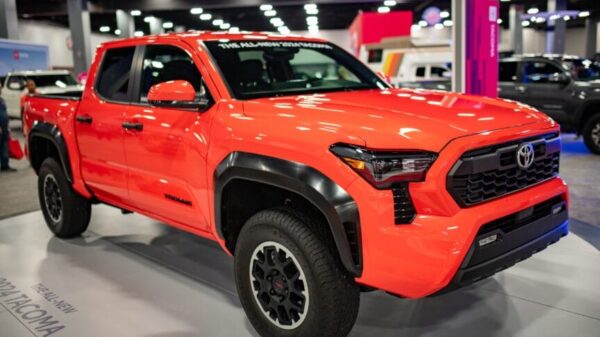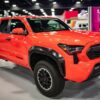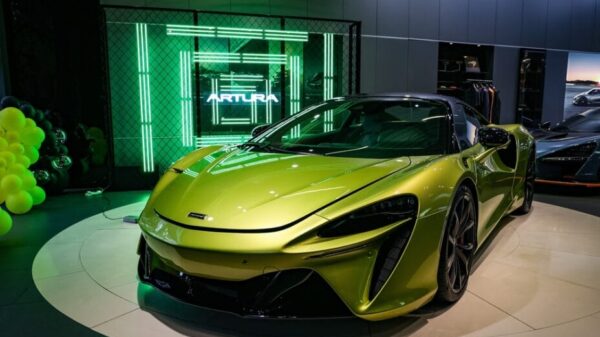I proudly advocate for electric vehicles (EVs). Their potential to significantly reduce carbon emissions from transportation cannot be understated. Nonetheless, as an enthusiastic admirer of classic combustion engines, I admit there’s a certain satisfaction when gas-powered sports cars continue to thrive alongside these modern alternatives.
The Weight Challenge in Sports Cars
While today’s electric vehicles showcase breathtaking performance, they come with inherent drawbacks, particularly in weight. The substantial mass of batteries poses a dilemma for sports cars, where agility and dynamic handling are paramount. Furthermore, traditional attributes beloved by car enthusiasts—like the exhilarating sound of an engine and the tactile engagement of a manual gearbox—are challenging to replicate in an electric format.
General Motors’ Perspective on the Future of the Corvette
General Motors (GM) is taking a measured approach towards the evolution of its iconic Chevrolet Corvette. Although GM has explored the possibility of an electric Corvette, recent statements from GM President Mark Reuss indicate that such a vehicle is not in the pipeline just yet. This doesn’t mean the concept lacks potential or viability; it simply underscores the complexities involved.
“I think it can be done,” Reuss stated, referencing various electric-based concept cars that have emerged from the company. However, he cautions that “an all-electric Corvette that can do what a Corvette is supposed to do is not easy right now.” He elaborated that the challenges include managing vehicle mass and ensuring optimal thermal performance, both vital aspects for a high-performance sports car.
Understanding the Character of the Corvette
In simpler terms, the inherent characteristics that define a Corvette—the thrill of high-revving engines and precise handling—may not align with the traits typical of electric vehicles. Battery weight, along with range limitations during high-performance driving, could detract from the spirited experience that Corvette aficionados seek. Furthermore, Reuss acknowledges that while technology is advancing, the current endeavor to maintain the Corvette’s legacy isn’t straightforward.
The Future of EV Technology
Despite these hurdles, there’s exciting advancement in the realm of electric vehicle technology. Improvements in thermal management have led to electrics capable of astonishing feats, akin to high-performance sports cars. Innovations like lighter battery solutions and developments in solid-state batteries may pave the way for future electric sports cars to meet the performance standards established by their gas-powered counterparts.
However, the question remains: when will these technologies adequately reflect the visceral appeal of the Corvette? Will buyers embrace an electric version that offers the same driving experience fans have come to love? The mixed reception of the Dodge Charger Daytona serves as a cautionary tale—while speed is commendable, the essence of certain cars is deeply intertwined with their traditional powertrains and driving dynamics.
The Optimistic Outlook for Hybrid Corvettes
On a brighter note, Reuss is optimistic about hybrid versions of the Corvette, reflecting a blend of traditional performance and modern technology. The upcoming Corvette ZR1X exemplifies this fusion, featuring a remarkable 1,250 horsepower sourced from a 5.5-liter twin-turbo LT7 V-8 engine, paired with a 1.9 kWh battery. This combination showcases how electric technology can complement, rather than replace, the thrill of driving a Corvette.
As Reuss himself expresses, “That’s pretty awesome.” He recognizes the potential for using electricity to enhance power, speed, and handling without losing the unique driving character that defines Corvette culture.
While it remains uncertain if a fully electric Corvette will hit the roads anytime soon, one thing is clear: the journey toward electrification is underway, and the future may hold thrilling prospects that can satisfy die-hard fans and new buyers alike.


